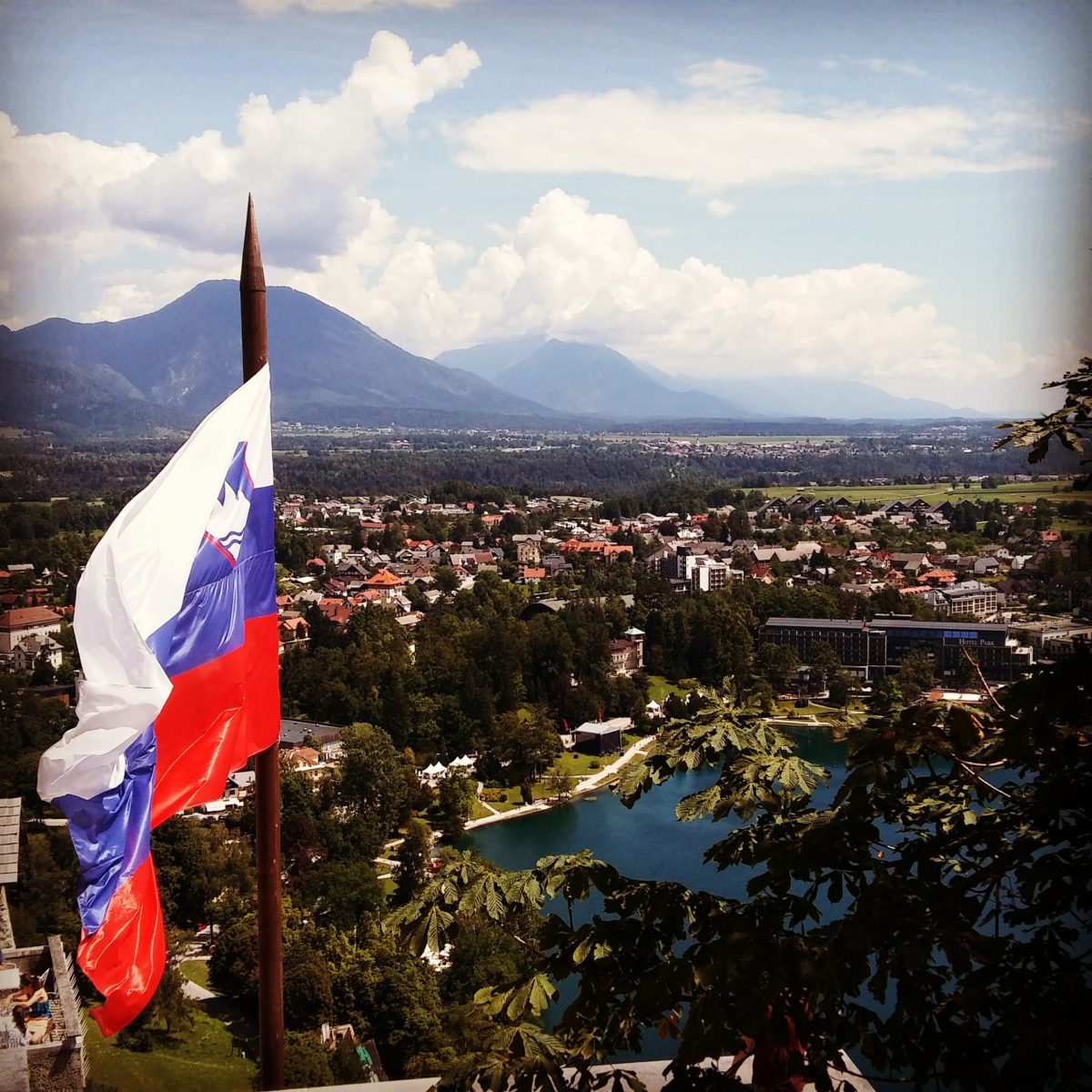Slovenia‘s Ministry of Infrastructure is currently cooperating with the country's national grid operator ELES and distribution system operator SODO to set up a plan to add another 1 GW of PV capacity over the next three years.
The announcement was given by minister Bojan Kumer on the same day the Slovenian government announced a plan to limit the maximum electricity prices for households and small businesses to between €0.081 and €0.118/kWh.
The details of the new solar plan were not disclosed. Kumer said, however, that it will include the development of large-scale solar parks, which have so far seen limited deployment in the country due to strict regulations preventing them from being built in agricultural areas. The minister specified the new solar plants will be built on suitable areas and will be open to crowdfunding from nearby communities.
The country's largest PV plant is a 6 MW solar park that Slovenian hydropower plant operator HESS built close to its 47.7 MW Brežice hydroelectric plant on the lower Sava River. In February, Slovenian energy and oil provider Petrol Group announced it would build three photovoltaic plants with a combined capacity of 22 MW in Knin, Croatia.
According to the latest statistics from the International Renewable Energy Agency (IRENA), Slovenia's total installed PV capacity stood at just 367 MW by the end of 2020. Most of its existing capacity comes from rooftop PV installed in 2012 (122 MW), 2011, (54 MW) and 2010 (37 MW) under the national feed-in tariff scheme, which expired at the end of 2013, and a net metering scheme for PV installations up to 11 kW in late 2015.
This content is protected by copyright and may not be reused. If you want to cooperate with us and would like to reuse some of our content, please contact: editors@pv-magazine.com.




2 comments
By submitting this form you agree to pv magazine using your data for the purposes of publishing your comment.
Your personal data will only be disclosed or otherwise transmitted to third parties for the purposes of spam filtering or if this is necessary for technical maintenance of the website. Any other transfer to third parties will not take place unless this is justified on the basis of applicable data protection regulations or if pv magazine is legally obliged to do so.
You may revoke this consent at any time with effect for the future, in which case your personal data will be deleted immediately. Otherwise, your data will be deleted if pv magazine has processed your request or the purpose of data storage is fulfilled.
Further information on data privacy can be found in our Data Protection Policy.